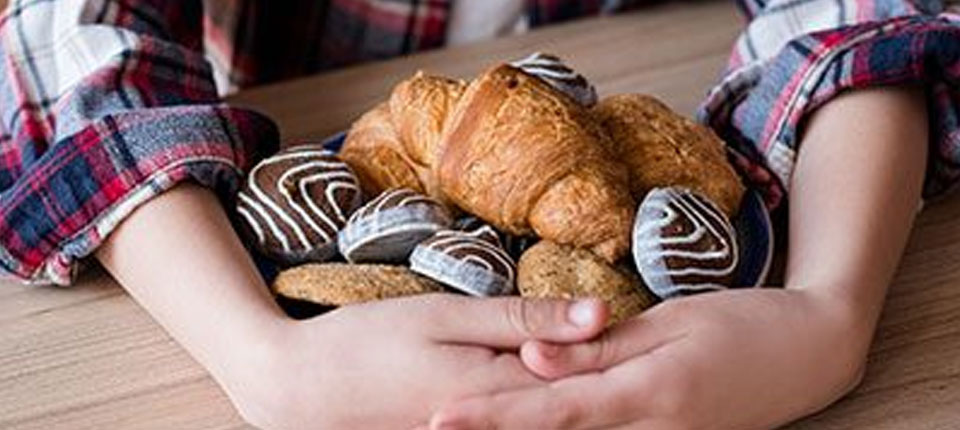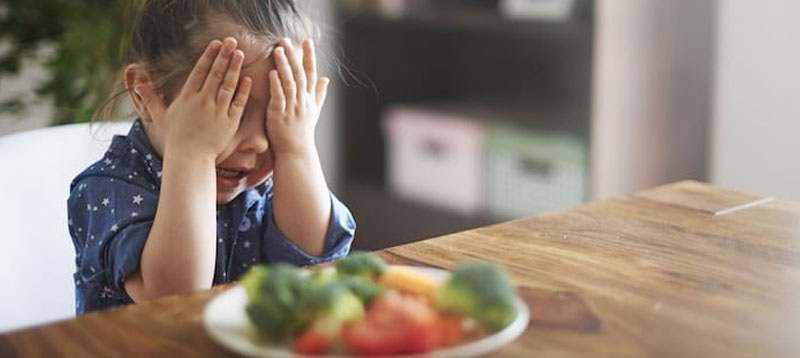
Binge eating in children and adolescents
Binge eating in children and adolescents is a growing concern, and it's essential to understand the signs, causes, and consequences of this eating disorder.
What is binge eating in children and adolescents?
Binge eating in children and adolescents is characterized by recurring episodes of consuming large amounts of food in a short period, often accompanied by feelings of guilt, shame, and self-criticism. This behavior can be distressing and may lead to physical and emotional consequences.
Signs of binge eating in children and adolescents:
1. Eating large amounts of food in a short period: Children may eat an excessive amount of food in a short time, often in secret.
2. Lack of control over eating: Children may feel like they can't stop eating once they start, even when they're full.
3. Guilt and shame after eating: Children may feel ashamed or guilty about their eating behavior, leading to secrecy or hiding food.
4. Eating rapidly or not chewing food thoroughly: Children may eat quickly or not chew their food well, leading to discomfort or pain.
5. Eating alone or in secret: Children may eat alone or in secret, feeling embarrassed or ashamed about their eating behavior.
Causes of binge eating in children and adolescents:
1. Genetics: Binge eating can be inherited, and children may be more likely to develop the disorder if they have a family history of eating disorders.
2. Body image issues: Negative body image, low self-esteem, or societal pressure to be thin can contribute to binge eating.
3. Trauma: Traumatic experiences, such as bullying or abuse, can increase the risk of developing binge eating.
4. Emotional factors: Stress, anxiety, depression, or other emotional difficulties can lead to binge eating as a coping mechanism.
5. Dieting: Restrictive dieting or excessive exercise can lead to feelings of deprivation, increasing the likelihood of binge eating.

Consequences of binge eating in children and adolescents:
1. Physical health problems: Binge eating can lead to weight gain, obesity, digestive issues, and other health problems.
2. Mental health concerns: Binge eating can contribute to depression, anxiety, low self-esteem, and decreased quality of life.
3. Social isolation: Children may feel ashamed or embarrassed about their eating behavior, leading to social isolation and withdrawal from social activities.
4. Family dynamics: Binge eating can affect family relationships, causing stress and tension within the household.
Treatment for binge eating in children and adolescents:
1. Cognitive-behavioral therapy (CBT): CBT helps children identify and challenge negative thoughts and behaviors associated with binge eating.
2. Family-based therapy: Family-based therapy involves working with parents and children to address underlying issues and promote healthy eating habits.
3. Nutrition counseling: Nutrition counseling helps children develop a balanced diet and healthy relationship with food.
4. Medications: In some cases, medications such as antidepressants or anti-anxiety medications may be prescribed to help manage symptoms.
Prevention strategies:
1. Promote healthy body image: Encourage positive body image by praising children for who they are, rather than their physical appearance.
2. Encourage balanced eating habits: Teach children about healthy eating habits and promote a balanced diet.
3. Address emotional issues: Help children develop coping mechanisms for emotional difficulties and promote open communication about their feelings.
4. Monitor dieting behaviors: Monitor your child's dieting habits and discourage restrictive dieting.
By recognizing the signs of binge eating in children and adolescents, addressing underlying causes, and promoting healthy behaviors, we can help prevent this disorder from developing or progressing.